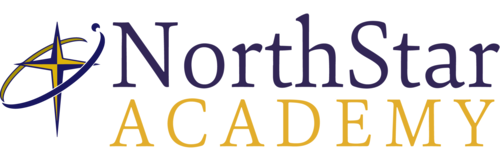Summary of Course Content and Activities
Biology 20 is the first course in the Biology 20-30 sequence.
This course includes the following strands:
- Energy and Matter Exchange in the Biosphere: An exploration of Earth's cycles and nature's dependence on them.
- Ecosystems and Population Change: Including a study of the Creation/Evolution debate.
- Photosynthesis and Cellular Respiration: A indepth look at the processes of energy production in plants, animals and humans.
- Human Systems: A study of the digestive, respiratory, excretory and circulatory systems.
Students will also participate in a on-line, virtual pig dissection.
Philosophy statement for teaching this course
Biology is the study of life and living systems from the molecular level to the biosphere. Through the study of Biology learners are given an opportunity to explore and understand the natural world that God created. They are made aware of the profound influence of Biology in their lives. Relating the study of Biology to what the learners already know, deem personally useful and consider relevant, facitilitates learning. Learning proceeds best when it originates from a base of concrete experiences that present an authentic view of Biology within the larger context of science and technology. In Biology 20-30, students learn Biology in relevant contexts and are encouraged to engage in its content from a Biblical perspective. Students are also encouraged to appreciate it as a scientific endeavor with practical impacts not only on their own lives, but also on the larger contexts of society, environment and economy.
Prerequisites
Students taking Biology 20 are presumed to have reached the acceptable standard or better in Science 10.
Materials and Resources
Provided by NSA
- Nelson Biology: Alberta 20 - 30
- Access to Nelson's Student Web Centre
Purchased by Students
- Microsoft Office 97 (or greater) especially Word and Excel
- Scientific Calculator (approved graphing calculator is acceptable)
- Bible
Forecasted amount of time required to complete each week's lesson
Semester students can expect to complete the course in about 6 hours per week over eighteen weeks. Full year students will complete the course in about 3 hours per week over thirty-six weeks.
Description of student evaluations, quizzes and tests.
For semester courses, there are two major grading periods, while for full year courses there are four major grading periods, one after each quarter. Assignments will make up 35% of your final grade, participation in group discussions another 10%, your I Can Objective Journal 20% and finally tests and quizzes making up 20%.
There will also be a final exam at the end of this course that will make up the last 15% of your final course grade.
